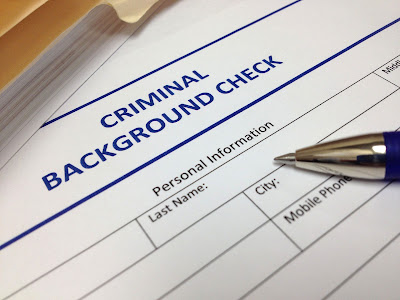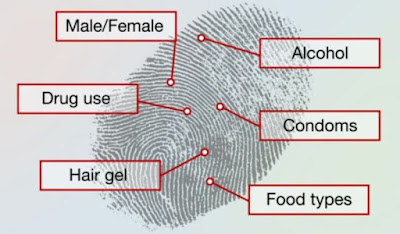 |
| Photo credit: IDEMIA |
Six states will be testing the viability of digital (DDL) or
mobile (mDL) driver’s licenses in 2018, led by the state of Iowa. Iowa has been pilot testing for a few years; mDLs and the technology to read them should available statewide next year. State officials hope the new
technology will enhance safety for residents and law enforcement, achieve
operational and cost efficiencies, and with good results, lead the way to
widespread adoption.
Iowa's pilot testing started in 2015 and 2016 with
a solution developed by IDEMIA. The security of the system will be
protected by high level encryption, including facial recognition. Police
officers can send a request for an mDL from a smartphone or a laptop in their
vehicle to the subject’s smart phone. While system is rolling out in 2018, it is still considered under development.
Recognizing that driver’s licenses are used most often for
identification outside of a vehicle, two states, Alabama and Arizona have
partnered with IDEMIA to develop a more general electronic identity (eID) for
identification, whether a person is a driver or not. Alabama is testing using an eID to
secure state tax returns. Arizona is working on an online portal to give
residents electronic access to vehicle title and ownership services, as well as
driving knowledge tests.
Four states – Colorado, Idaho, Maryland and Wyoming – and Washington DC are testing a pilot smartphone-based DDL system based on digital
security technology from Gemalto. Phase 1 testing is underway this year. Phase
2 testing begins in 2018. Other uses being considered for DDL ID include buying
alcohol, purchasing lottery tickets, retail shopping and clearing airport
security.
While other states are sure to join in DDL/mDL testing,
paper and plastic driver’s licenses will be still around for many years to come.
However, the convenience of using a smartphone for purchases and ID is already
widely supported by smartphone users. It’s most likely a question of when, and
not if this technology will be accepted. Similar trials are also taking place
worldwide, from Europe to Asia to the South African development community.
By Theo Douglas, Oct. 20, 2017, for Government Technology online (govtech.com)


